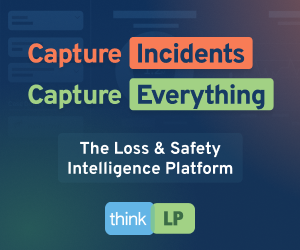interviews
How influential are your personal biases?
I know you might be thinking, "but I don’t carry any biases when I interview", but being aware of potential biases that you may carry is an important step to creating an objective observation and evaluation during the interview process.
Let’s take a quick look at what I mean by bias awareness.
A bias is a tendency, inclination, or prejudice toward or against something or someone.
Some biases are positive and helpful—like choosing to only eat foods that are considered healthy or staying away from someone who has knowingly caused harm. But biases are often based on stereotypes, rather than actual knowledge of an individual or circumstance.
Whether positive or negative, such cognitive shortcuts can result in pre-judgements that lead to rash decisions or discriminatory practices. For the professional interviewer, biases can be harmful, counterproductive and interfere with the objective pursuit of truth.
Self-awareness of your biases may influence how you approach your investigation as well as how you react and respond during the interview process. There are several potential biases we must be aware of. As an investigator, awareness of confirmation bias is very important, as far-too-often we work towards proving our theories to be true.
Wicklander-Zulawski Europe






